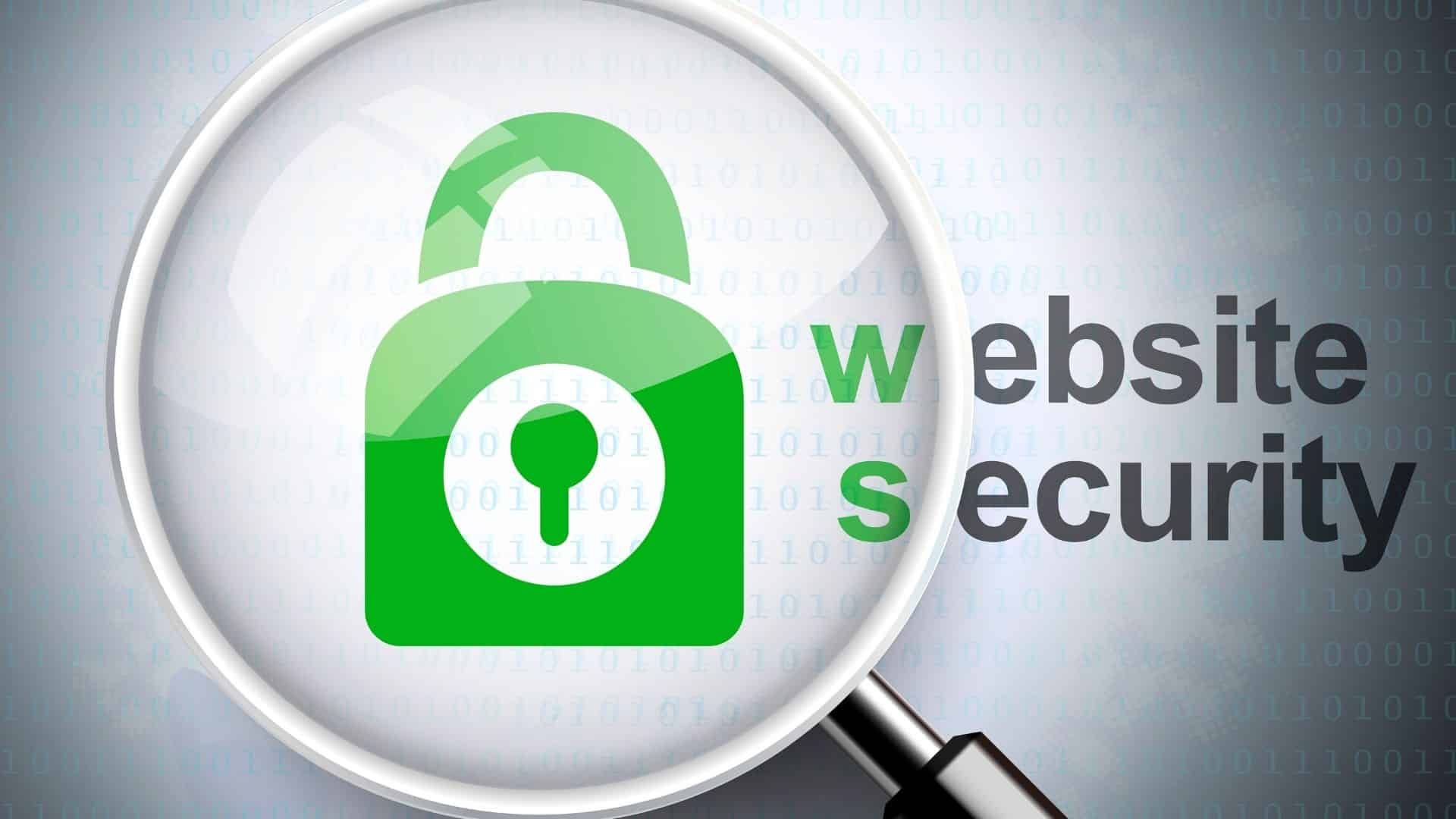Hackers do what they do for three reasons: Financial gain, fun, or to prove that they can. Unfortunately, these reasons are not mutually exclusive, so some cybercriminals are motivated by any combination of the three. As a business owner or website hobbyist, it is, therefore, your job to thwart their efforts.
If you don’t have much website building and maintenance experience or knowledge, it is easy to leave your site vulnerable to attack. However, you can take some simple maintenance actions that do not require an extensive background in IT to implement.
Website Security
- Secure Sockets Layer (SSL) is a security protocol that helps keep transactions and sensitive data safe through encryption. By purchasing and installing an SSL certificate on your website, your first important defense against hackers is in place.
- Anti-malware software is used to scan a website, looking for potential vulnerabilities and attacks. Countless vendors supply anti-malware and virus protection software. However, choosing a reputable and well-known package will afford you the best protection.
- Just as you would password-protect your social media and financial accounts, so too should you secure your website with a strong password. The more complex the password, the better, as hackers used sophisticated software and techniques to crack weak passwords.
- Creating a website is not a one-time setup situation. You must keep software and other features up-to-date; otherwise, hackers will find backdoors through outdated code and other areas. It is also important to avoid using unknown software and plugins, as hackers offer these Trojan horses for free to exploit amateur webmasters.
- Watch out for phishing or scam emails that could give hackers access to PCs, laptops or any other devices used to access your website. Remote control of such devices opens the door to a treasure trove of data and software to cybercriminals.
- Regularly backing up your website will help you secure data in case of a breach. Once you have taken back control of the website, these backups will make getting back online a much simpler task. Backups are also used to keep data safe by not having it stored directly on the site at all times.
If this all sounds confusing and like more work than you have the time or energy for, there is an effective solution at hand. Reach out to the team at Skol Marketing for a website security consultation today.





